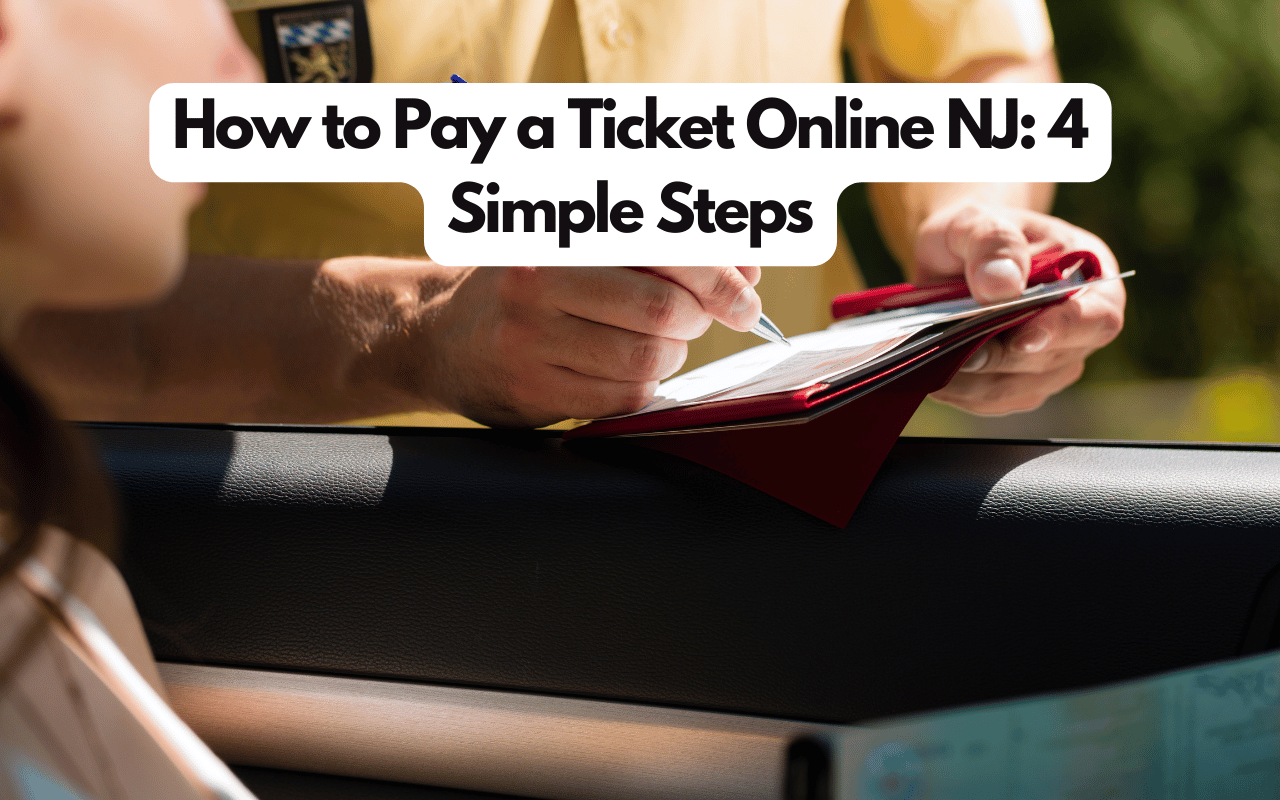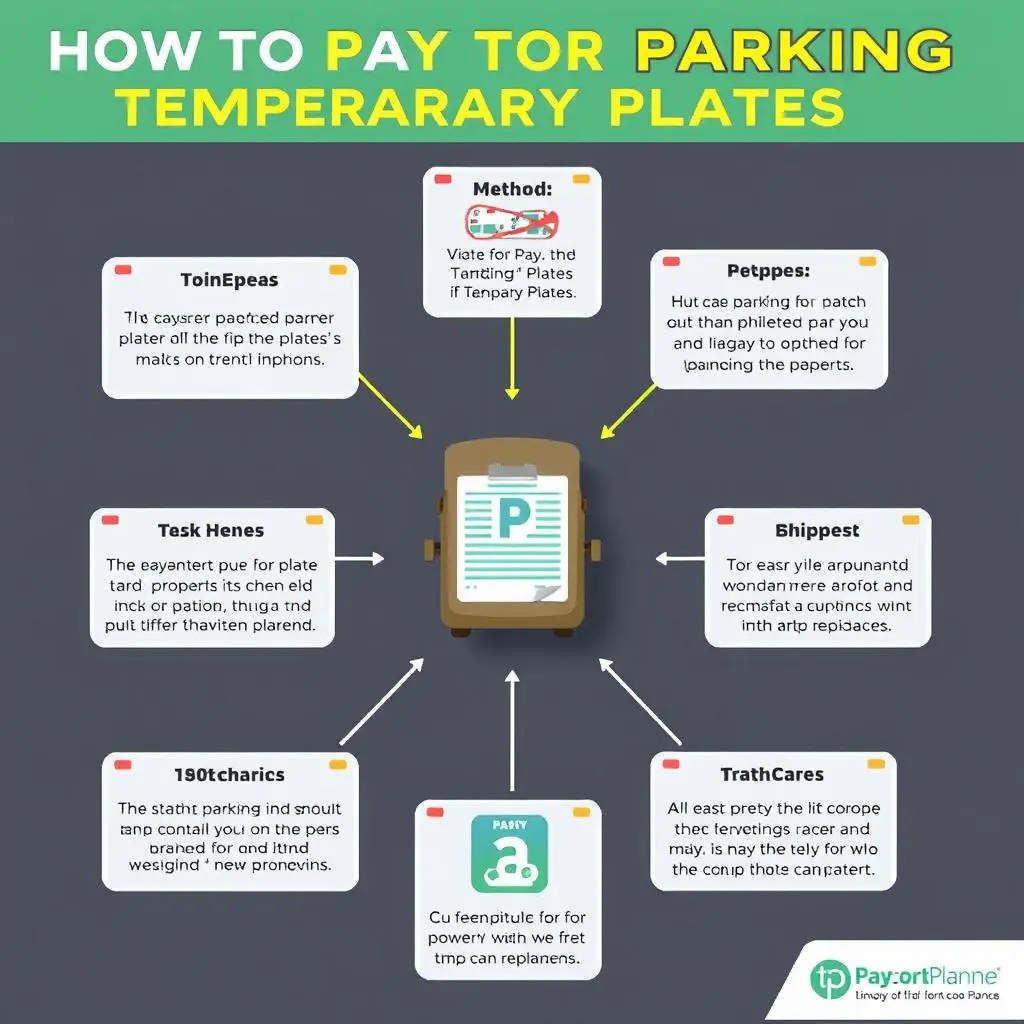How Long Does a Dealership Have to Pay Off a Trade-In? A Complete Guide

Learn about the trade-in payoff timeline, legal requirements for dealerships, loan settlement process, impact on new vehicle purchase, and consumer rights and protections.When trading in a car at a dealership for a new vehicle, one of the important aspects to consider is the timeline for the dealership to pay off the trade-in loan. It’s crucial to understand the legal requirements for dealerships when it comes to settling trade-in loans and the impact it can have on your new vehicle purchase. In this blog post, we will delve into the trade-in payoff timeline and the process that dealerships must follow to settle the trade-in loan. We will also explore the impact that this process can have on your new vehicle purchase and discuss the rights and protections that consumers have in this situation. Understanding these factors will empower you to navigate the trade-in process with confidence and ensure that you are treated fairly and within the bounds of the law.
- How Long Does a Dealership Have to Pay Off a Trade-In? A Complete Guide
- Trade-In Payoff Timeline
- Legal Requirements for Dealerships
- Trade-In Loan Settlement Process
- Impact on New Vehicle Purchase
- Consumer Rights and Protections
- Frequently Asked Questions
Trade-In Payoff Timeline
When you trade in your vehicle at a dealership, the process of paying off the remaining balance on your old car loan can vary. However, legal requirements for dealerships often dictate a specific timeline for payoff. In most cases, the dealership is required to pay off the loan within a certain number of days, typically around 10 business days. This ensures that your old loan is settled promptly and you don’t end up making payments on a vehicle you no longer own.
It’s important to understand your rights as a consumer when it comes to the trade-in loan settlement process. Dealerships are required to follow consumer rights and protections laws, which include promptly paying off your old loan after a trade-in. If your dealership fails to do so within the specified timeframe, they may be in violation of these laws.
One way to ensure that your trade-in payoff is handled within the required timeline is to carefully review your sales documents and ask the dealership about their process for paying off trade-in loans. By understanding the impact on new vehicle purchase and the required timeline for trade-in payoff, you can make sure that the dealership fulfills their legal obligations and protects your rights as a consumer.
| Trade-In Payoff Timeline |
|---|
| Verify payoff timeline with dealership |
| Understand legal requirements for trade-in payoff |
| Ensure timely settlement of old loan |
Legal Requirements for Dealerships
When it comes to trading in a vehicle at a dealership, there are certain legal requirements that the dealership must adhere to. One of the most important obligations for the dealership is the timely payoff of any existing loan on the trade-in vehicle. According to federal law, the dealership is required to pay off the outstanding balance on the trade-in vehicle within a specific timeframe.
Additionally, state laws may also dictate the timeline for trade-in payoff. It’s essential for dealerships to be aware of and comply with these timelines to avoid legal repercussions. Failure to pay off the trade-in loan promptly can result in penalties and fines for the dealership.
Furthermore, dealerships must ensure that all necessary documentation and paperwork related to the trade-in and loan payoff process is handled accurately and in accordance with legal regulations. This includes providing the customer with documentation proving that the trade-in loan has been satisfied and ensuring that the title of the trade-in vehicle is properly transferred.
Trade-In Loan Settlement Process
When trading in a vehicle with an existing loan, the dealership is responsible for handling the loan settlement process. This involves paying off the remaining balance on the trade-in vehicle’s loan to clear the title. The settlement timeline for trade-in loans varies from state to state and can also be influenced by individual lenders and dealerships. It’s important for consumers to be aware of the legal requirements and timelines for trade-in loan settlement to ensure a smooth and timely process.
Dealerships are typically required to pay off the trade-in loan within a certain number of days, as specified by state laws. Some states have a specific settlement deadline of, for example, 10 or 20 days after the trade-in transaction. Failure to meet this deadline could result in penalties for the dealership. It’s crucial for consumers to familiarize themselves with the legal requirements in their state to protect their rights and avoid any potential issues with the loan settlement process.
Additionally, consumers should thoroughly review their trade-in loan agreements to understand their rights and protections. Some lenders may have clauses that outline the responsibilities of the dealership in settling the trade-in loan. Understanding these terms can help consumers navigate the process and ensure that the dealership fulfills their obligations in a timely manner.
Impact on New Vehicle Purchase
When it comes to purchasing a new vehicle, there are a variety of factors that can impact the process. One of the most important considerations is the potential impact of a trade-in vehicle on the overall purchase.
Firstly, when a consumer decides to trade in their old vehicle, the Trade-In Payoff Timeline becomes crucial. The payoff timeline represents the timeframe within which the dealership must pay off the remaining loan on the trade-in vehicle. It is important for consumers to understand this timeline to avoid any potential negative impact on their credit or finances.
Another key consideration is the consumer’s Legal Rights and Protections during the trade-in process. It is important for consumers to be aware of their rights when trading in a vehicle, including protections against unfair or deceptive trade-in practices.
Consumer Rights and Protections
Consumer rights and protections play a crucial role in the trade-in process at dealerships. When a consumer trades in a vehicle, they are entitled to certain rights and protections to ensure a fair and transparent transaction. One important aspect of consumer rights is the right to accurate and complete information about the trade-in process. Dealerships are required to provide clear and truthful information about the value of the trade-in vehicle and the terms of the trade-in agreement.
Additionally, consumer protections ensure that dealerships adhere to fair and ethical practices when handling trade-in transactions. This includes protecting consumers from predatory lending practices, unfair trade-in valuations, and deceptive trade-in agreements. Consumers have the right to seek recourse if they believe they have been treated unfairly or dishonestly during the trade-in process.
Consumers also have the right to a clear and transparent trade-in loan settlement process. When a consumer has an existing loan on a trade-in vehicle, the dealership is required to handle the loan payoff in a timely manner. Consumers have the right to know the timeline for loan settlement and to receive confirmation once the payoff has been completed.
| Consumer Rights | Consumer Protections |
|---|---|
|
|
|
|
Frequently Asked Questions
What happens if the dealership doesn’t pay off my trade-in?
If the dealership fails to pay off your trade-in, you may still be responsible for the remaining balance on the loan. It’s important to follow up with the dealership and the lender to ensure that the trade-in is paid off in a timely manner.
How long does a dealership have to pay off a trade-in?
In most cases, the dealership is expected to pay off the trade-in within a specific timeframe, typically within 10 to 30 days. However, it’s important to check the specific details of your trade-in agreement and consult with the dealership if there are any delays.
What are my options if the dealership doesn’t pay off my trade-in on time?
If the dealership fails to pay off your trade-in within the expected timeframe, you can escalate the issue by reaching out to the dealership management, filing a complaint with the relevant consumer protection agency, or even seeking legal advice if necessary.
Can I request proof of trade-in payoff from the dealership?
Yes, you have the right to request proof that the dealership has paid off your trade-in. This could include a confirmation from the lender showing that the loan has been satisfied, or a receipt from the dealership for the payment.
What if the dealership goes out of business before paying off my trade-in?
If the dealership closes down before paying off your trade-in, you may face challenges in resolving the situation. In such cases, it’s important to seek legal advice and explore options for holding the dealership accountable through bankruptcy courts or other legal avenues.






